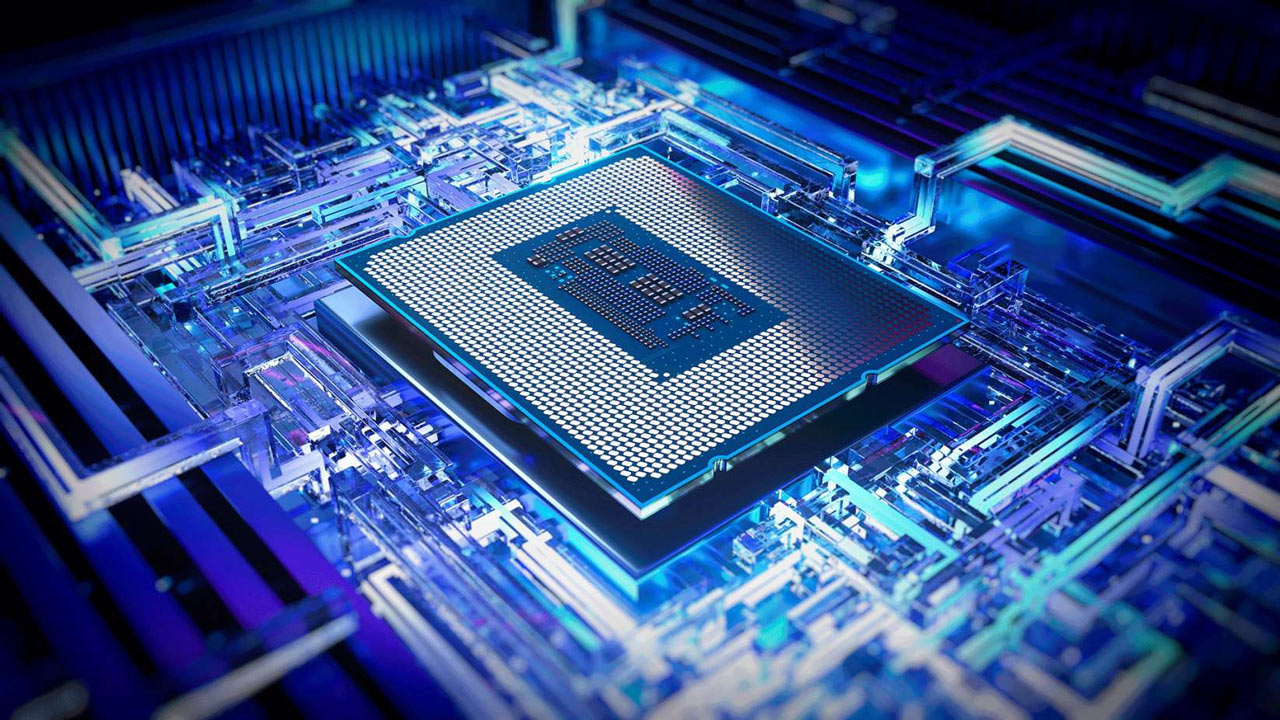
The U.S. government has announced that it is looking for an organization to lead in creating a new institution to study "digital twin" technology, offering $285 million in CHIPS Act funding to the winning bid. The Biden administration is looking for the potential of digital twins to supercharge the United States' semiconductor manufacturing, but the technology has near-limitless possible applications.
A digital twin is a true-to-reality virtual representation of a real-world physical system, continually updated and exactly modeling real behaviors and actions. Today, the technology is closest to actualization in the automotive industry, where manufacturers are experimenting with digital twins of assembly lines to explore alternative production modes and processes without harming real-world productivity. The CHIPS for America initiative likely seeks to use this idea for semiconductor fabs, experimenting with alternative production styles to give domestic fabs an edge over international competitors.
The project, named CHIPS Manufacturing USA, will hold an informational conference online on May 8th on the initiative for prospective bidders. The full NOFO (notice of funding opportunity) mentions that the project will also focus on the "development, validation, and use of digital twins for semiconductor manufacturing, advanced packaging, assembly, and test processes." The facility will be open to selected domestic companies for workforce training and collaboration on digital twin tech in a safe environment without the risk of copyright infringement. Those entities (including universities, companies, nonprofits, and state governments) interested in the development and creation of the institute have until June 20th to submit their proposals.
The clear frontrunner in digital twin technology today is Nvidia, which is already advertising its hardware's ability to make digital twins possible. After claiming in a 2021 blog post that the digital twin market would be worth $86 billion by 2028, Nvidia has been bullish on the new technology. It stands ready to profit majorly from its proliferation, with Nvidia reaching an all-time high per-annum sales in 2023 at $60.9 billion and expecting to grow further as demand for A.I. computing has "reached the tipping point," according to CEO Jensen Huang. From its A.I. Eos supercomputer to its new Blackwell architecture, Nvidia is fully cornering the A.I. market. It will likely continue market dominance with no competitors in sight as digital twin research picks up from the government.
The 2022 CHIPS and Science Act continues to make significant waves across the tech industry, with the Biden administration seeking to on-shore 20% of leading-edge chip production by 2030. This ambitious goal is backed by the CHIPS Act's $114 billion in promised grants and loans, and more may soon follow; U.S. Commerce Secretary Gina Raimondo has recently said that a CHIPS Act 2 may soon be necessary as the world's supercomputing giants demand even more funding. Perhaps a CHIPS Act 2 will bring with it more conditional rewarding of funds; TSMC's Biden-backed Arizona fabs currently report worker abuses propagated from the top levels of leadership.







